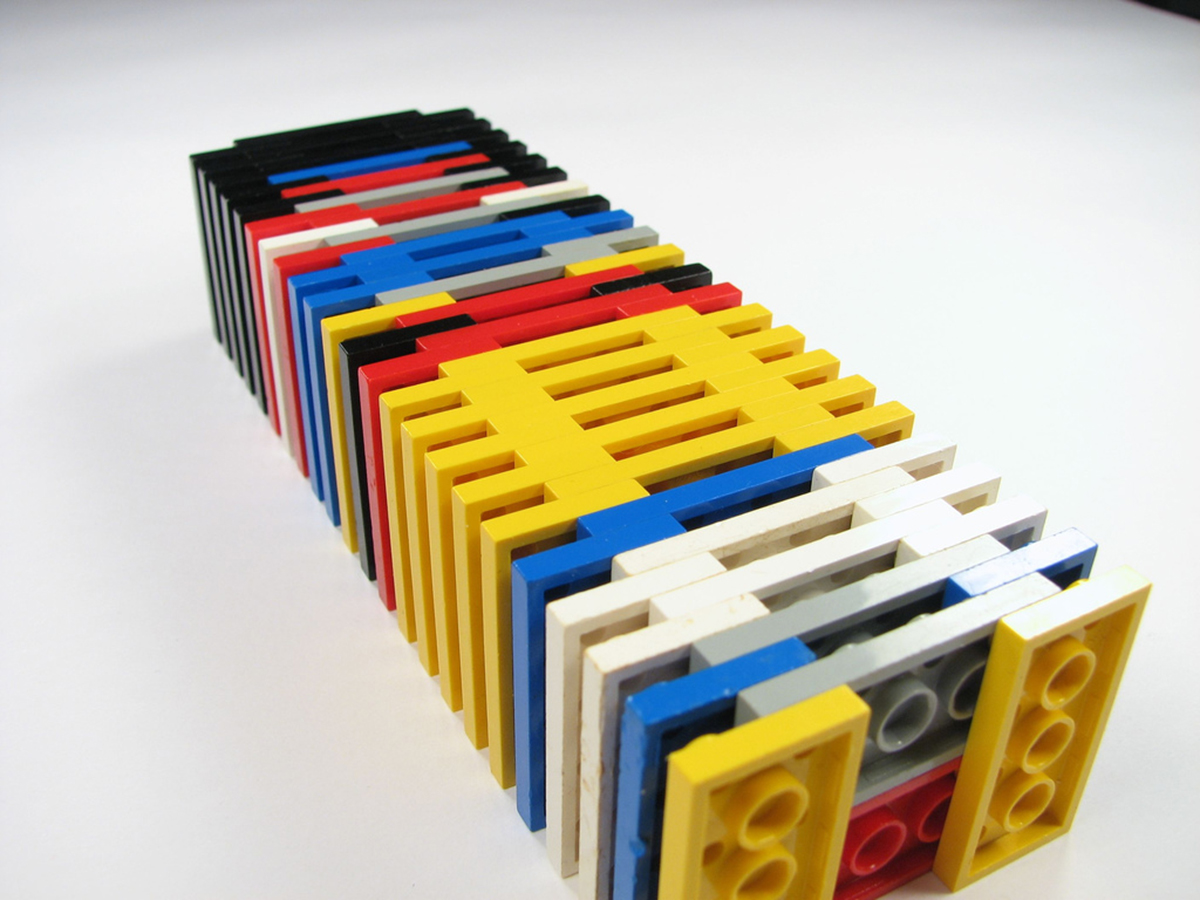Table of Contents
Play is a preschooler's natural domain. Not only have preschoolers not yet been exposed to the idea that learning is boring and difficult, they don't have to be either. "Hothousing" isn't required to help preschoolers achieve their full potential. The skills they're expected to master a little later in life literally become child's play when you sit down and play with your kid.
Let's take a look at what kids are expected to master in Kindergarten, for example:
- Literacy: Retelling a story that was read aloud, knowing the letters of the alphabet in upper and lower case, being able to decode simple words with a focus on CVC words (consonant, vowel consonant — such as "cat"), a beginning understanding of phonics, and writing their first and last names.
- Numeracy: Decoding numbers up to 20, and being able to count and skip count (by two, five and ten) to 100, as well as recognizing basic shapes, arguably beginning geometry.
- Life skills: Holding writing and drawing utensils correctly, recognizing colors, cutting neatly along lines, taking turns and sharing with peers, and following multi-step directions.

Imagine the possibilities here.
For Kindergarten math (even before your child reaches Kindergarten age), you could host doll tea parties. Two dolls are late. How many came on time? One doll already has a plate. How many still need plates? One fell ill and needed to see a doctor, and her friend went with her. How many are left? You could make pouches with different amounts of Lego bricks in them. Can your child find the bags that contain more, and less, than the baggie you handed them? Can they find the pouches that have the same number of bricks? Start playing with bigger and smaller Lego bricks, and you're actually working on beginning fractions!
Simple letter squares, which come ready-made in games such as "Bananagrams" or "Scrabble", but which you can also easily make yourself, can be used to play around with short words. Hand your child the letters "B" and "T" and a set of vowels, and invite them to see what words they can successfully make. Bat, but, bit, bot, bet, tab, tub — wow, cool!
And then... then you can move on to other exciting things, like learning about the planets in the solar system, or your local geography, or bugs and birds.
Expensive formal preschool learning programs aren't required, and neither is using methods young children might well experience as torturous or at least "not fun". Play is the natural domain of preschoolers, and it's all they need to master the skills they need at their age. Best of all? You, too, can have fun in the process!
- Photo courtesy of neepster: www.flickr.com/photos/neepster/3517016981/
- Photo courtesy of oskay: www.flickr.com/photos/oskay/2156904341/
- Photo courtesy of oskay: www.flickr.com/photos/oskay/2156904341/


Your thoughts on this